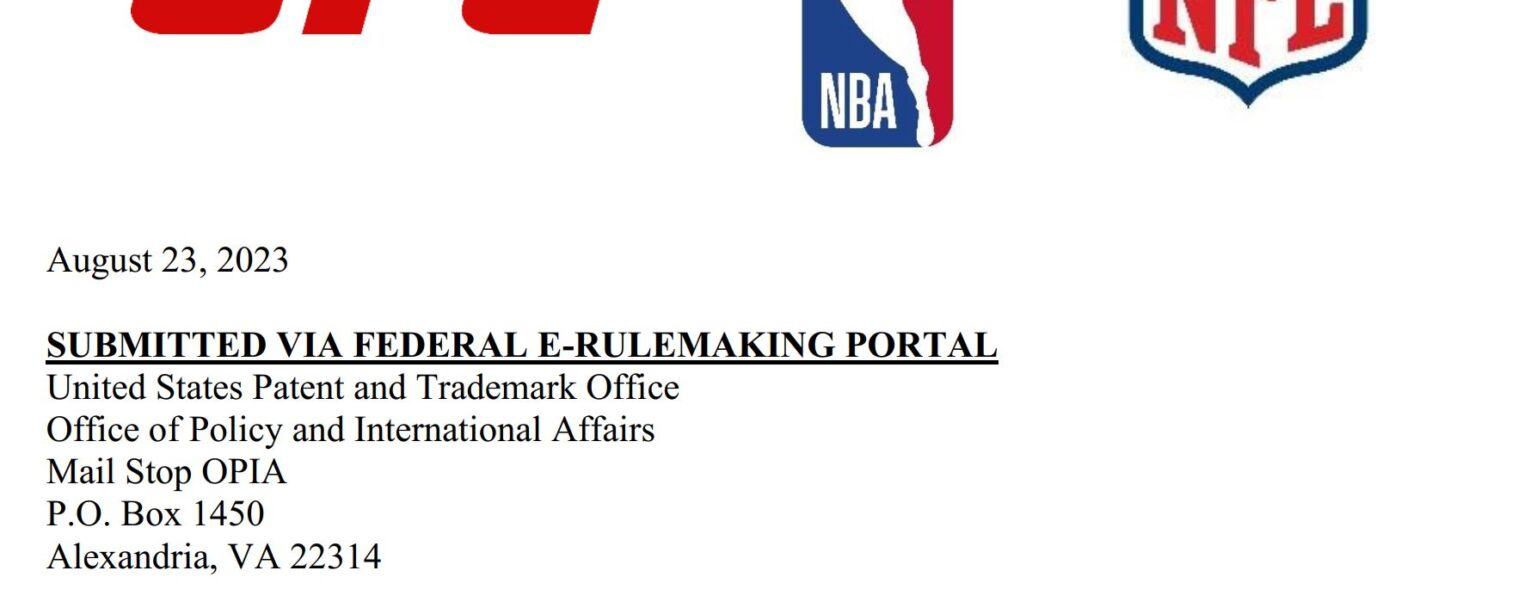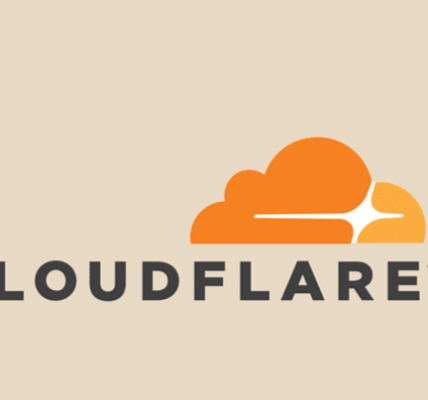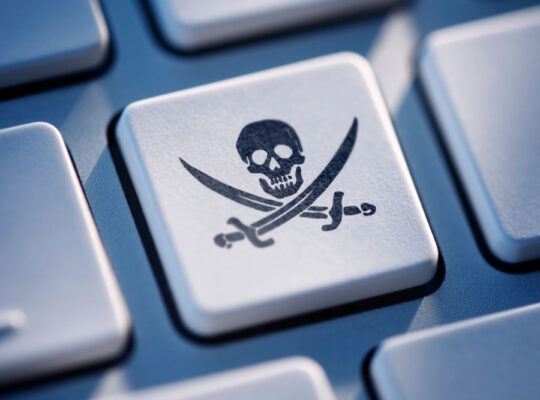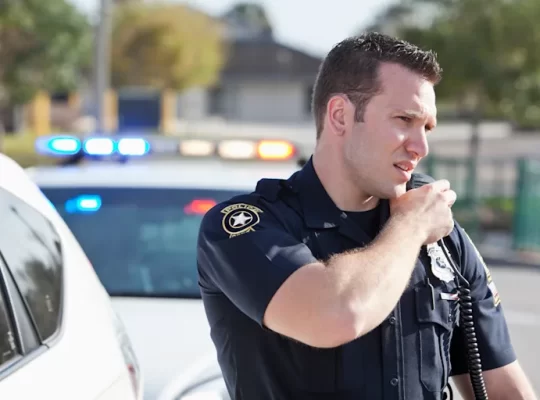UFC, NBA, and NFL Seek to Combat Live Streaming Piracy Through ‘Instant’ DMCA Takedowns
The request from the UFC, NBA, and NFL to update the DMCA reflects their concern over the challenges posed by live streaming piracy. They argue that the current takedown regulations under the DMCA are inadequate in addressing the time-sensitive nature of live broadcasts. Unlike pre-recorded content, live broadcasts require immediate action to prevent unauthorized streaming.
The sports organizations are seeking amendments to the DMCA that would enable faster removal of pirated live content, ideally instantaneously or near-instantaneously. This would require platforms and service providers to implement more efficient mechanisms for identifying and removing infringing live streams as they occur.
By advocating for these updates to the DMCA, the UFC, NBA, and NFL aim to protect the value of their live broadcasts and reduce the financial impact of piracy on their businesses. They likely hope that by addressing the unique challenges posed by live streaming piracy, they can better safeguard their intellectual property rights and ensure a fair playing field for legal broadcasters.
The UFC, NBA, and NFL are facing significant challenges in combating live streaming piracy of their events. Despite their efforts to issue DMCA takedown notices to remove infringing content, the slow response times of online service providers (OSPs) render this method ineffective for live broadcasts.
The value of live sports content lies in the immediacy of the event, making timely removal of pirated streams crucial to protecting the integrity of their broadcasts and preserving the value of their licensing deals. However, when OSPs take hours or even days to respond to takedown notices, pirated streams can remain online for the duration of the event, allowing unauthorized users to access the content without consequence.
In their letter to the United States Patent and Trademark Office (USPTO), the UFC, NBA, and NFL express frustration over the limitations of the current DMCA takedown system in addressing live streaming piracy. They emphasize the need for OSPs to respond to takedown notices instantaneously or near-instantaneously to effectively combat this form of piracy.
By highlighting these challenges, the sports organizations are advocating for updates to the DMCA that would better address the time-sensitive nature of live broadcasts and provide more effective mechanisms for removing pirated content in real-time. This would help protect the interests of rights holders and ensure a fair and competitive environment for legal broadcasters.
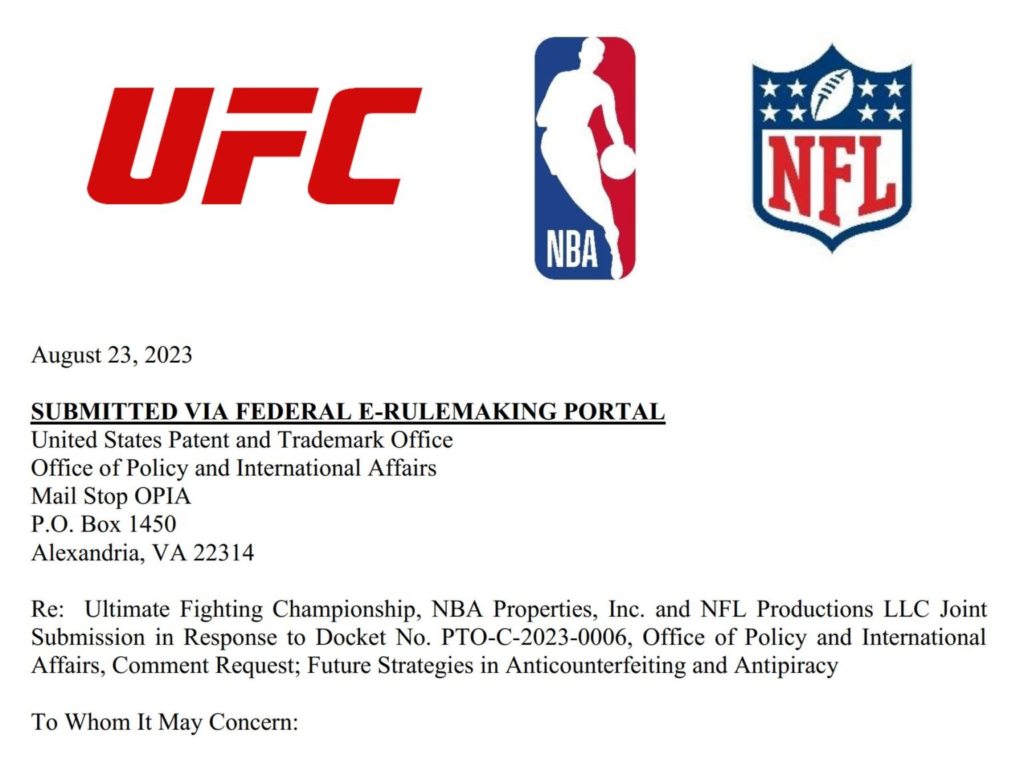
The issue of live-streaming piracy poses significant challenges for the global sports industry, resulting in substantial revenue losses estimated in the billions of dollars. Despite the prevalence of this problem, current policies and regulations, such as those outlined in the Digital Millennium Copyright Act (DMCA), are inadequate in addressing the unique challenges posed by live streaming.
When the DMCA was enacted in 1998, live streaming technology was not yet widespread. While the law stipulates that service providers should respond to takedown notices “expeditiously,” the term remains undefined, leading to varying interpretations and response times. This ambiguity may suffice for static content but falls short when it comes to live sports broadcasts, which require immediate action to combat piracy effectively.
To address this issue, the UFC, NBA, and NFL advocate for updates to Section 512 of the DMCA. They propose replacing the requirement for “expeditious” takedowns with a mandate for near-instantaneous responses to takedown requests. This would necessitate online service providers to remove infringing content within seconds or minutes, rather than hours, significantly reducing the window of opportunity for piracy.
Additionally, the sports organizations recommend implementing verification thresholds on social media platforms to limit live streaming capabilities to verified users. By excluding new or unverified users from live streaming, platforms can mitigate the risk of piracy and protect the interests of rights holders.
While similar measures have been considered in Europe, such as the adoption of a 30-minute takedown window for live streaming content in Italy, the potential for legislative updates in the United States remains uncertain. Nevertheless, raising awareness of the issue and initiating discussions for policy reform are essential first steps in addressing live-streaming piracy and protecting the integrity of sports broadcasting.

